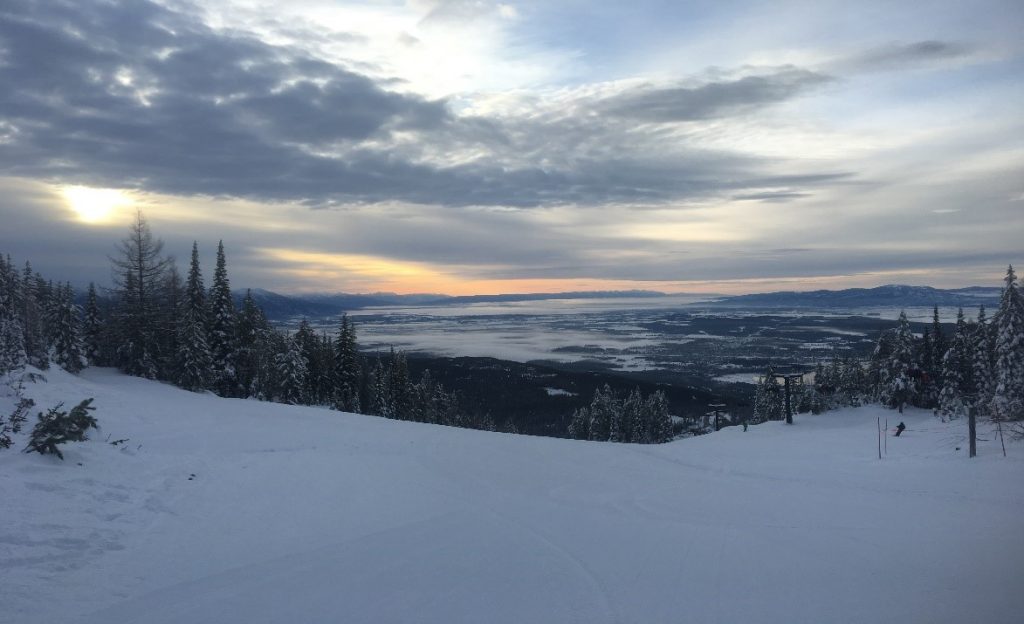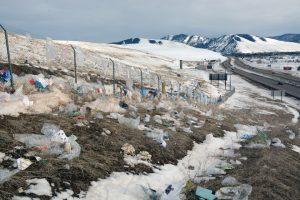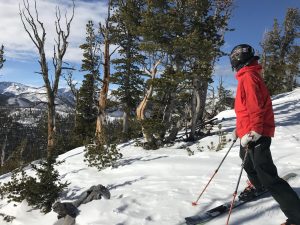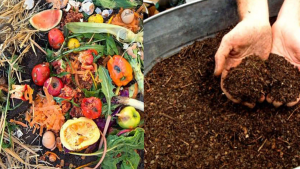By Zack Darby
Sitting at my graduate school commencement in December, the Deans and Chancellors touted our achievements and optimistically pronounced us as a class that would go out and change the world (and later pledge large endowments to our institution haha). Sitting in the back, dressed in cap and gown, I let the words of the speakers wash over me. Despite their confidence and optimism for our futures, I felt something entirely different—uneasy, lost, and reluctantly uncertain.
Throughout my studies, I had listened to academics and government officials sound the alarm on environmental catastrophes, using data and big numbers to corroborate their points. The projections always seemed to make our future look abysmal. Years of this had turned me into a critic, immobilized by the feeling that I was too small, and the problem was too big. In a world divided by politics and different beliefs how could I, a singular person, make a difference?
A few weeks after graduation I found myself in Whitefish Montana at the start of my Energy Corps service. My position with the City was advertised as the “Sustainability Coordinator” that would help with implementing items from the recently published Climate Action Plan; I had no idea what to expect. The first day was a haze of shaking hands, exchanging pleasantries — “nice to meet you” “looking forward to working with you” – and facing the enormous task list that the climate action committee had compiled for me. I again felt myself filled with that familiar nihilistic feeling, how could any of this make a difference?
The short list of my highest priority projects is: building a rain garden, working on a city wide plastic bag ban, improving the water conservation plan, implementing a walk to school program, securing funding for community solar projects, and helping plan Earth Day 2020….. that’s a lot to accomplish in a 6-month window. One of the projects I am most excited about is the plastic bag ban. Did you know that Americans use 100 million plastic bags per year, which requires 12 million barrels of oil to produce? In fact, it only takes 14 plastic bags to equal the amount of gas required to drive one mile. All of this is topped by the fact that the average plastic bag is used for 12 minutes. It seems like a no brainer to do away with plastic bags, and Whitefish would be the first city in Montana to fully make the switch.
As I look forward, I am more optimistic than I have been in quite some time! I won’t go as far as to say I am totally convinced, but the people that surround me radiate confidence and enthusiasm for our goals and the effect that they will have. This is contagious, and I have fallen victim to this optimism. I am confident that Whitefish can pass a plastic bag ban, and this could serve as an example to other cities in Montana, and across the country. An idea that started small, could have a larger effect than I thought was possible. I can see the ball rolling, and it feels like a good thing to be a part of. This resurgence of hope has me excited for the next few months!
“The best time to plant a tree was 20 years ago. The second best time is now.”
- Ancient Proverb
P.S. Whitefish life is the best life! When I am not at the office I am outside as much possible. I am helping coach the high school track team, skiing all the time, and just generally enjoying the snow and cold! Till next time, Zack.
Photo of I-90 outside of Missoula after high winds caused bags to escape from landfill









